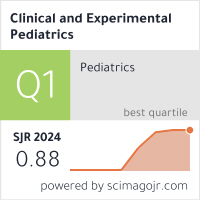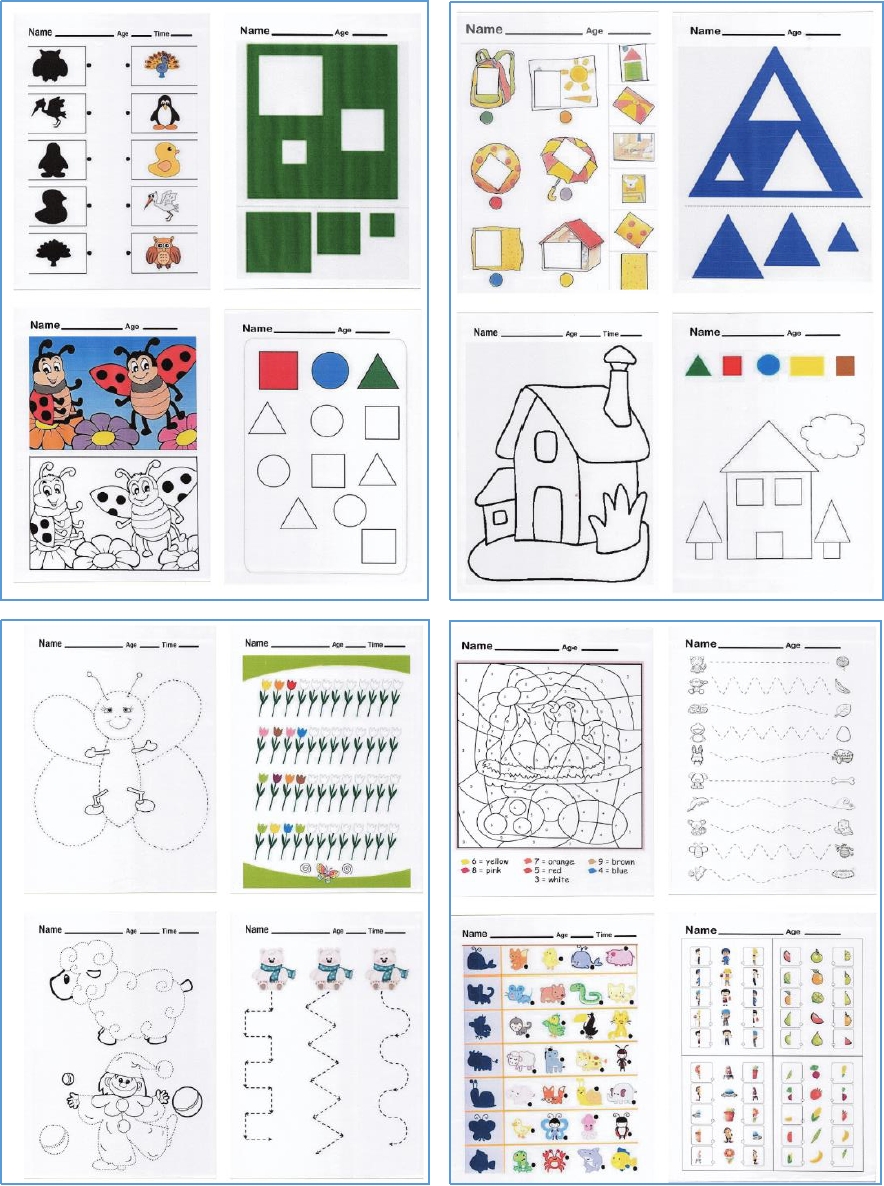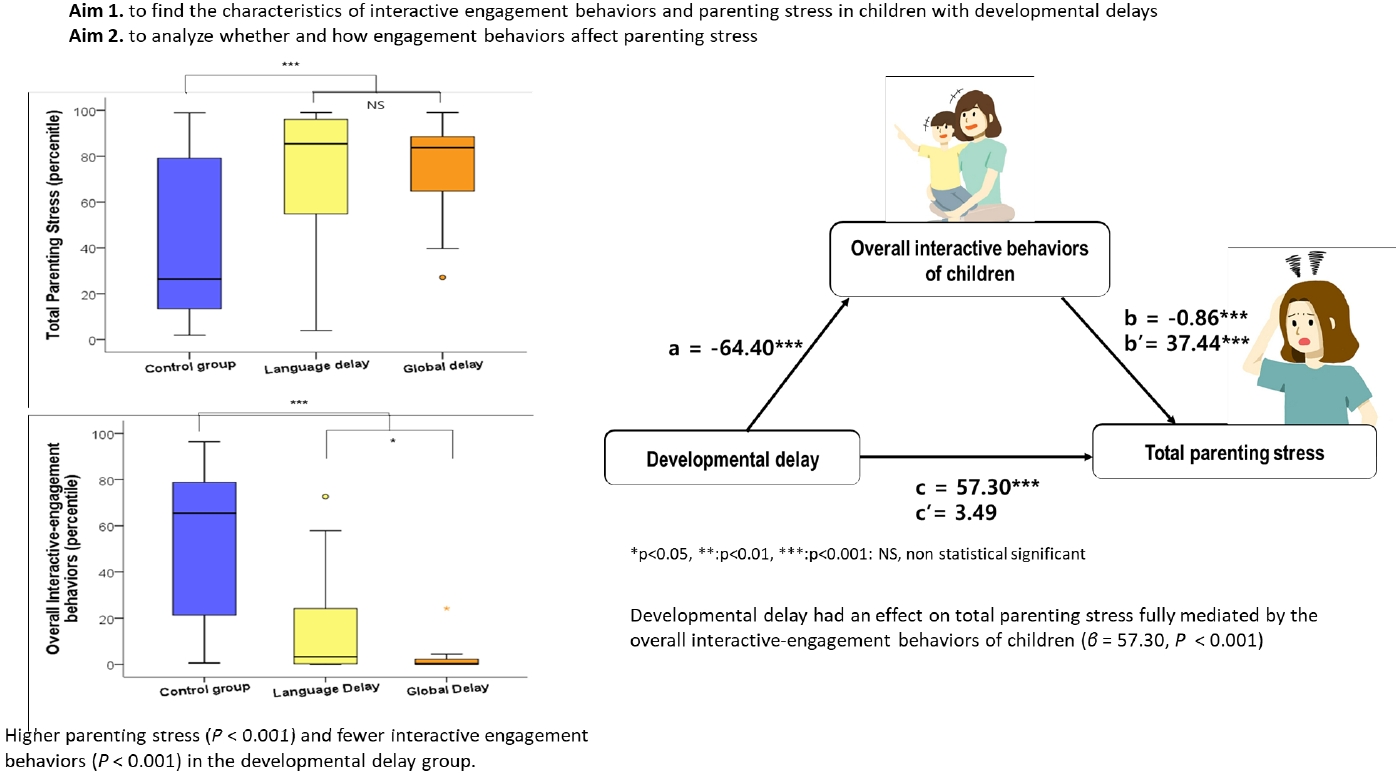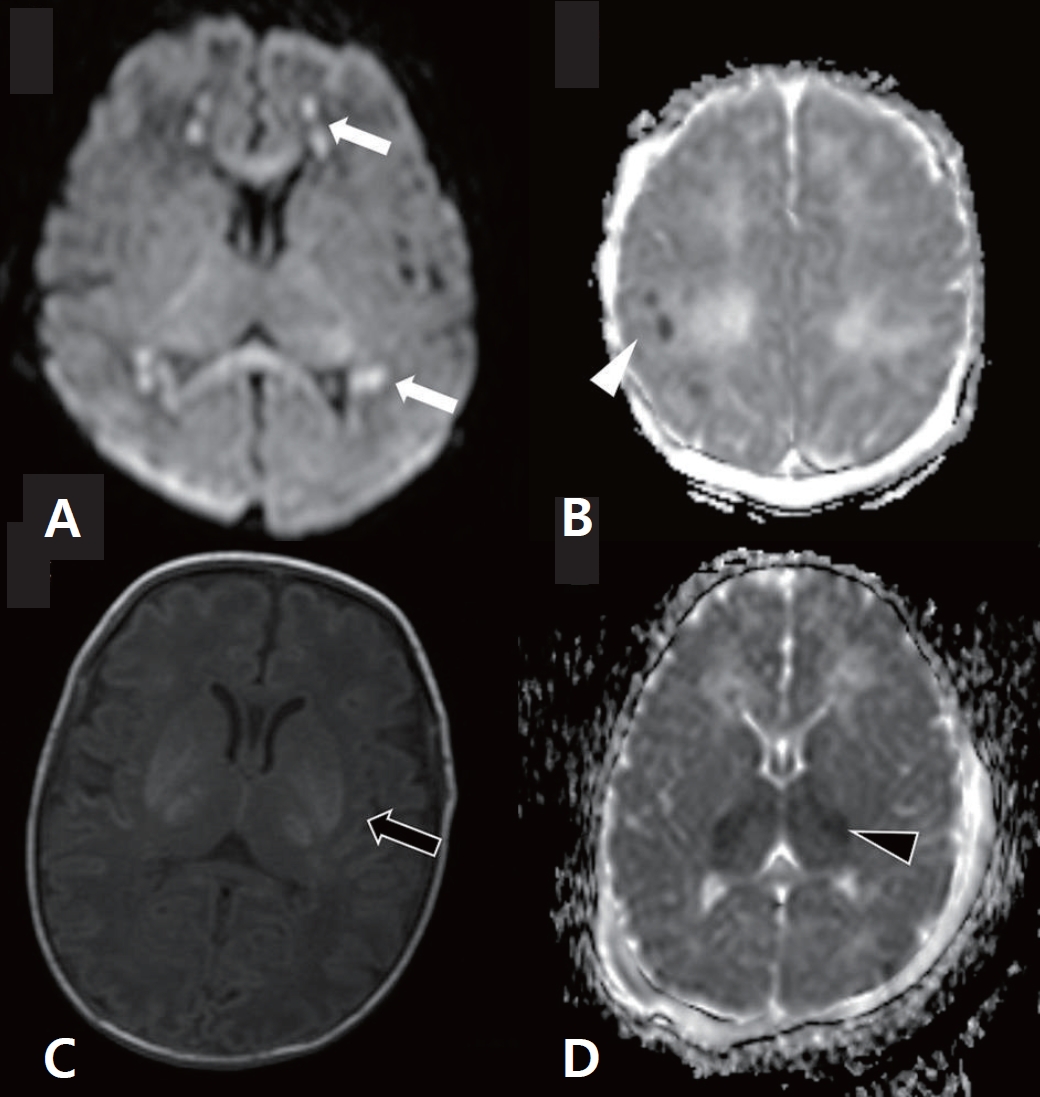Search
- Page Path
-
- HOME
- Search
- Original Article
- Review Article
- Original Article
- Review Article
- Original Article
- Review Article
-

-

-
6.02024CiteScore98th percentilePowered by
-
Impact Factor3.6
-
- TOPICS
- ARTICLE CATEGORY















